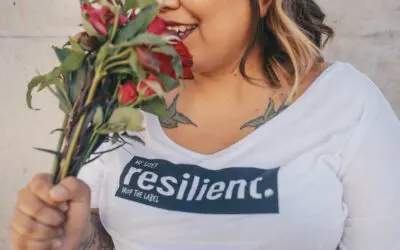This pandemic has changed our lifestyle in more ways than we know. Purchasing behaviour is one such aspect undergoing dramatic shifts, especially when we look at informal shopping & payment systems in India.
While larger brands are developing new ideas to continue smooth sailing, regional & local businesses have devised new ways to drive purchase such as offering gift cards at discounted prices.
A famous art supplies shop in Chennai, Hindustan Trading Company, has started selling vouchers across price points with tempting discounts. Other local players such as KDS Store and better-known brands like Brustro picked up on a similar trend. Interestingly, it wasn’t just their usual customers who wanted to support their local business but they managed to recruit new buyers who have picked up arts and crafts as a new hobby during the quarantine. They perceived this as an opportunity to continue their new-found interest by investing in the required materials at a discounted price.
Local entrepreneurs, who only have their social circle as a customer source, are hit hard by the lockdown given that postal and courier services are on hold. Influencer, Trupti Karjinni, an artist and paint maker, kept her online shop open during the lockdown. She said “I wanted to be completely honest with the community who purchase from me. I clearly told them that they can support me by purchasing my products now, but I will only be able to ship it to them once the lockdown lifts.” Going on to say that to her pleasant surprise, people did purchase, and they were willing to wait for the products, no matter how long.
Residential communities and townships have started sharing forms on WhatsApp groups for fruits, vegetables, dairy products and other fresh consumable daily necessities and goods. People enter their names and the required quantities in these forms. Those with direct contacts to farmers and wholesalers take the responsibility of sourcing it for the community and creating a virtual queue to deliver these products.
People are surprisingly adaptable when they are left with no other way out.
From complaining about delayed product deliveries, pre-Covid we have shifted towards paying for good that might not be delivered in the foreseeable future. From fidgeting at the billing till to waiting for products to be sourced, even if they take weeks.
Perhaps there is one benefit of COVID-19 – is it making us patient buyers?






